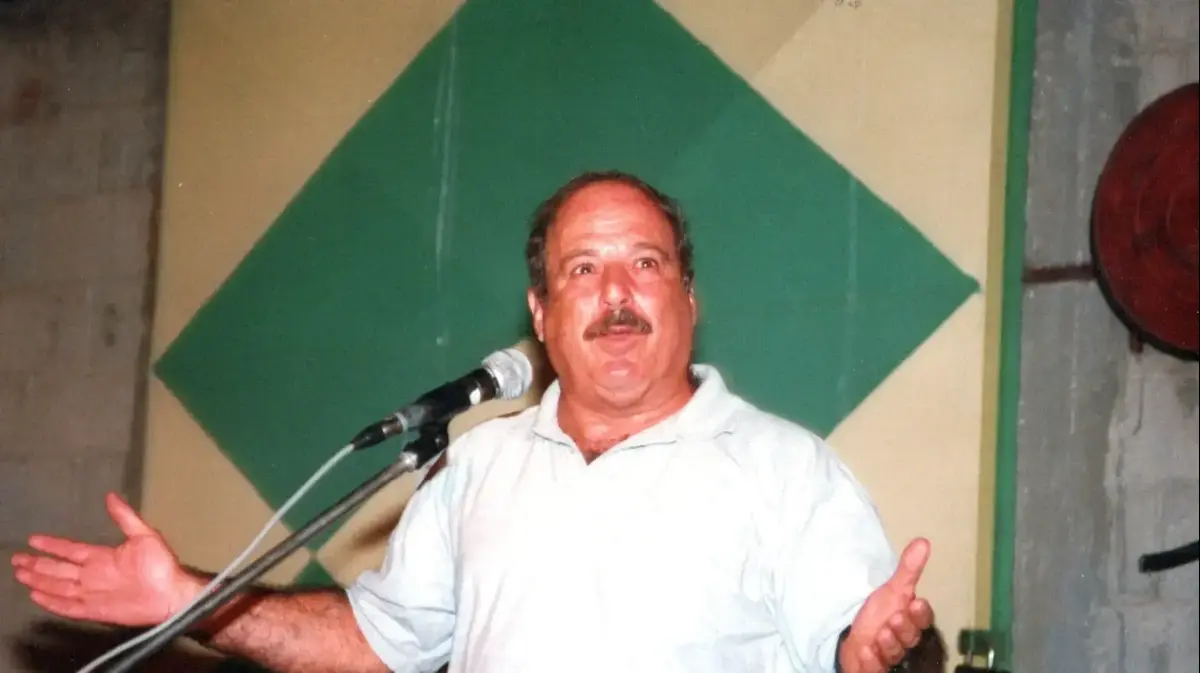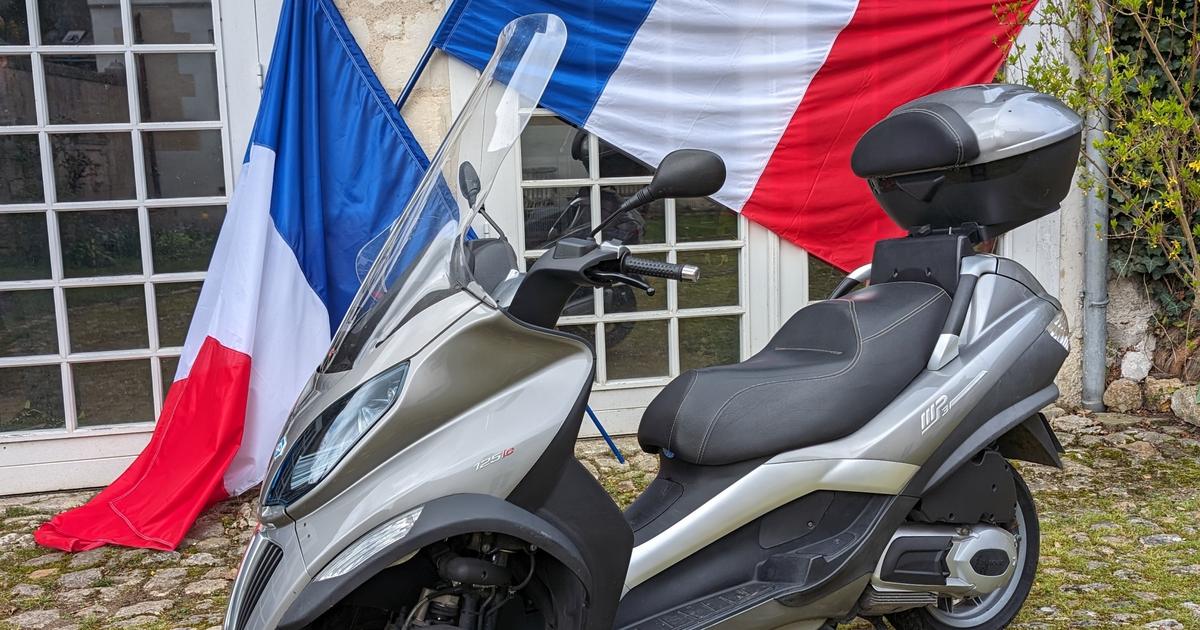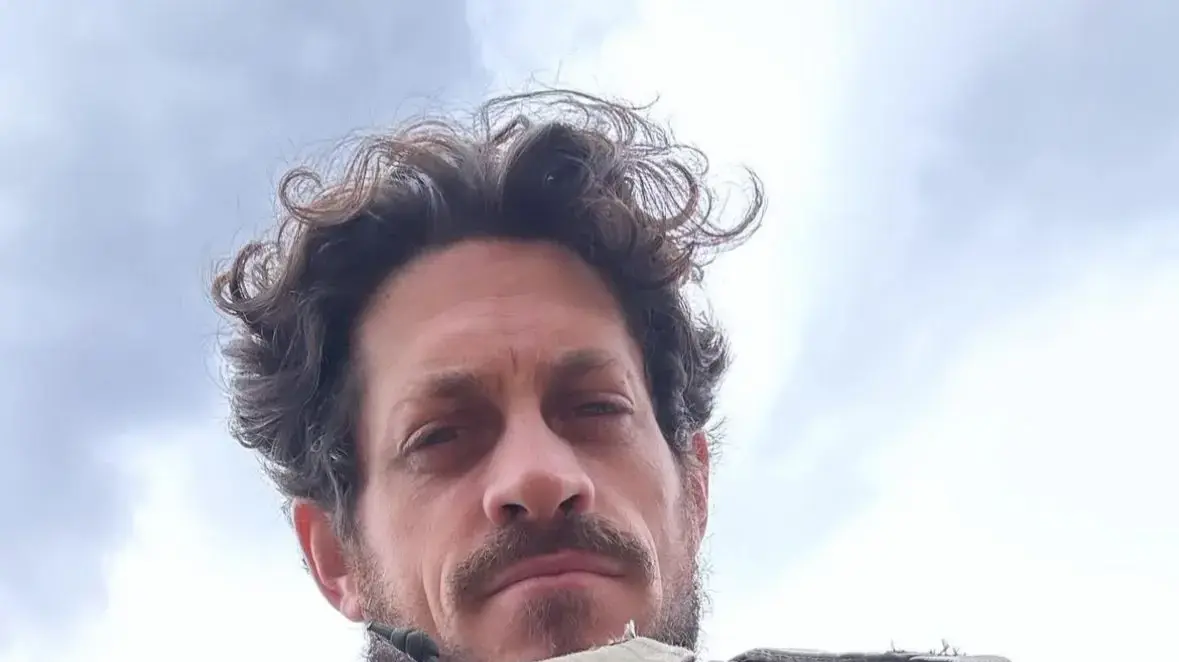Uzi Eilat (photo: courtesy of the family)
A week and a half ago, the commander of the paratroopers' brigade, Col. Yoav Brunner, arrived at Beit Al-Hashitya, Uzi Eilat's apartment, to light the fifth candle of Hanukkah with him. It was an intergenerational meeting of the wearers of the red berets - Eilat, officers of the Six Day Wars, the Attrition and Day Kippur, and Bruner who leads the division today. "I'm proud of you.
The steering wheel is in the best possible hands," said Eilat to Bruner. "You are continuing the path of the glorious division," he added. It was a farewell meeting. Two days later, Eilat passed away after a serious illness. He was 82 years old when he died.
Uzi Eilat was born in 1940 in Beit al-Hashitya, five years after the founders of the kibbutz moved to the permanent point in Emek Harod, after wandering around the country as work groups.
His parents, Shoshana and Avraham, knew each other in Atlit, where Avraham worked in a work group of members of the Methodist Church.
Avraham, came from Germany after the rise of the Nazi party to power and in Eretz Yisrael he became Ernst Iman Avraham Eilat.
Shoshana was born in the Atlit settlement to a family that immigrated from Iraq to the Land of Israel at the end of the 19th century.
Her father opposed her decision to move to the kibbutz, a step that was considered breaking a fence, and deleted her from the list of his children.
Three years later, when she married and gave birth to Uzi, the relationship between Shoshana and her family was renewed.
Abraham had a son from his first marriage and over the years Rami, Michal and Alon joined the family.
Uzi was educated at the school in the kibbutz with the best educators, including Azaria Alon, later winner of the Israel Prize, Aryeh Ben-Gurion, Hadassah Zameret, Ernst Horvitz and others.
They knew the land through their feet;
In article 7 they marched with loaded backpacks from Safed to the Sea of Galilee.
When they were 12 years old, the kibbutz went through an upheaval due to the split between MPAM and MPAI supporters.
Many families left for Kibbutz Eilat Hashar and one day half of the children in the class left.
Already in his childhood he devoted himself to agriculture and devoted a significant part of his time to it.
Hadas Shachopkewitz, his classmate, said that from the age of 12, Uzi would wake up at 4 in the morning to work in the barn.
After that he would return to the children's home, take a shower and go to school with everyone.
"He used to get up at 4 in the morning to work in the barn", Uzi Eilat (photo: courtesy of the family)
Upon graduating from high school, all twenty boys and girls in the class decided to postpone their enlistment in the IDF for a year and go for a year of work at Kibbutz Beit Govrin, which at the time was a school settlement that suffered from a precarious security and social situation and faced a tangible fear of dissolution. the settlement. They occupied important positions in the farm and society and were involved in working in the kindergartens, in the kitchen, and in the agricultural branches. Uzi was a significant worker in the farm branch in which he already had experience.
At the end of that year, he enlisted in the 890th paratrooper battalion, a destination that was the dream of many boys at the time. "We were Seven boys out of twelve cried who went to the paratroopers.
We deliberately failed ourselves in the pilot exams, because the paratroopers were the spearhead of Israel," he said. "He was at the dawn of the generation," his daughter-in-law, Adi Eilat, wrote about him, "the generation of the founders' sons who grew up on the values of the evils and guarantees of the Palmachniks.
The generation of boys who stood up boldly and took the reins without asking questions."
After the permanent service, he returned to the house of Hasitha and married Hana, also from the place.
Over the years they had five children - Assaf, Gali, Tomer, Dror and Omari and the "clan" has 15 grandchildren.
Uzi and Hanna loved to travel alone and with friends throughout Israel and in different parts of the world.
Over the years, he held many positions in the Beit al-Hashitya - the main branch for him was the cattle farm and in addition he also worked as the center of the cotton branch, and then as the center of the farm.
Later he became the manager of the manfta in the regional factories and after a decade was elected to be the secretary of the kibbutz.
"Uzi appears to be a tough and authoritative person and at the same time he was a soft person who always reached out for help," said Chopkavicz.
According to her, "He always listened and gave advice. In the years he worked in the cattle industry, he raised boys who did not find themselves in the framework of the schools. With him they found a place and someone who listens to them."
Over the years he was called up for long periods of military service in the paratroopers' reserve brigade.
This was the case in the Six Day War, 1967. In that war he was a company commander and fought in the battles to conquer the old city of Jerusalem.
During the war of attrition he served for extended periods as an operations officer in the Jordan Valley.
In 1973, during the Yom Kippur War, he was already the deputy commander of the paratroopers' reserve battalion.
More in Walla!
"Always with a smile on his face": the generous man who guarded Kiryat Shmona
To the full article
Uzi Eilat and his family (photo: courtesy of the family)
On the night of October 15, 1973, he was about to lead his troops to cross the Suez Canal.
Nine days earlier his younger brother, Alon, who was an armored officer, was killed near there and the news of the disaster has not yet been communicated to him.
"We were sitting in the sands of Tasa in western Sinai. I remember the medic of the battalion came up and said that I was going upstairs immediately, because Alon had been killed. I knew that I had to decide in a minute what I was going to do with this news and I decided to continue with the battalion. Commander, I told myself, I don't leave soldiers to to deal with his affairs, and Alon was my business and not the business of the 7th Battalion," Eilat later said.
"I walked twenty steps to the side, I sat alone, closed in on myself, Alon's face took over my thoughts. It didn't even occur to me to call home to my parents," he said, "I've been through many wars and many deaths, but this is a different kind of killing. This is the meat Yours. I only remember the eyes of the boys. Their looks pierced me. That night we crossed the canal."
When they crossed the canal they got into a bloody battle in the Egyptian town of Serapium.
He lost his best friends there.
Every year he would come with his friends to Apakim, to the grave of Barry Hezek, their intelligence officer.
This year, for the first time, he was unable to get up from his sick bed and attend the memorial service.
On their way to Hezek's grave, Eilat's friends passed by his house and celebrated the anniversary in a different way.
Eilat during the break into the Old City, 1967 (photo: official website, courtesy of Zvi Bash)
When the fighting was over, he went on vacation.
"I came home with a dirty uniform and stubble from weeks of Shavuot. I ran to see my little boy and then, without changing clothes or showering, straight to the parents' room. I remember we didn't talk about anything, we just hugged and were silent. Then over the years, on holidays, I remember how a mother would leave an empty chair next to her in the dining room, as if every minute her child was going to walk in," he later told Billy Moscona Lerman of the Maariv newspaper.
Hadas Shachopakevich, his close friend since they were born, lost her husband in the war, Binyamin Shachopakevich, who fell on the front of the Golan Heights.
"Since the war, the connection between us has strengthened. We had great friendship and understanding," she said.
In the same war, Kibbutz Beit Hachita lost 11 of its sons.
Even in the First Lebanon War, when he was already 61 years old, he still served as the deputy commander of the reserve brigade of the paratroopers.
"A leader and a farmer", she defined him as Chopkevic.
A year ago he fell ill and "faced an enemy that broke into his body, he mustered all his strength until his wedding", wrote Adi Eilat, his daughter-in-law.
On December 17, his birthday, his friends and relatives came to celebrate his birthday with him and tell him how much they love him and how significant he was in their lives.
At the event he told them that they were putting together the mask of his life.
A week later he passed away.
"Uzi was gathered today to his many friends near the upright cypresses, to be with them in love in the great silence. The deeds of Uzi's hands and his stamp are imprinted on his successors and on the soil of the place and the country he loved so much," eulogized his daughter-in-law Adi.
news
News in Israel
Events in Israel
Tags
paratroopers
kibbutz
Yom Hakkipurim War
Jerusalem
The method house









